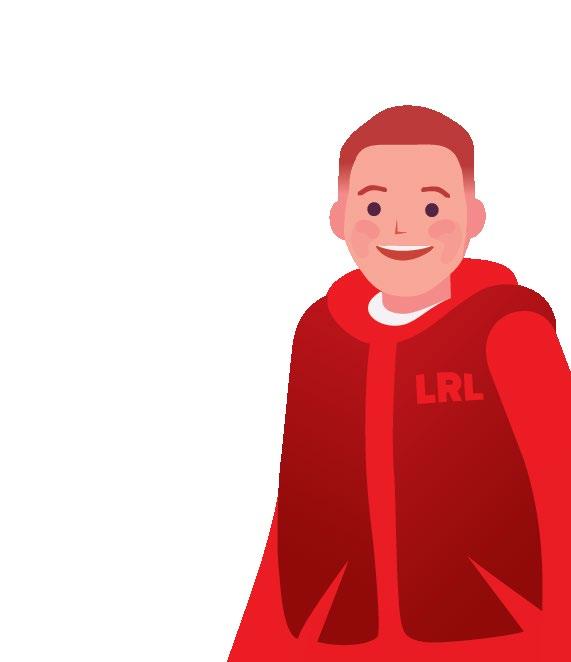What to do if you think your child might have sepsis …
Watch for early symptoms
(see inside this leaflet)
Get urgent medical assistance
Call 999 or 112
Go to your local GP (doctor) or your nearest Emergency Department
For further information on sepsis please visit www.hse.ie/sepsis
Childhood Infection
Don’t be afraid to ask … Could this be sepsis?
Sepsis is the most common avoidable cause of death in children
What
is sepsis?
Sepsis occurs in children when they get an infection and their immune system doesn’t respond as it should. This abnormal immune response can damage their organs which can be life-threatening.
Who can it affect?
Sepsis can affect anyone but is more likely to occur in older people or very young children because their immune systems are weaker and it is important to watch for symptoms (see Symptoms on the next page).
How does a child get sepsis?
We can treat and resolve most infections but any infection could become sepsis. Children with existing medical conditions are most at risk of getting sepsis.
The most common infections in children are chest infections, urinary tract infections, tummy infections or infections after a recent surgery.
How can I help prevent sepsis?
• Talk to your doctor to make sure your child has had all the recommended vaccinations
• Keep any cuts or scratches clean and covered
• Keep general areas and your child’s bed or cot clean
It can be hard to diagnose sepsis as its symptoms can vary and they can also seem like symptoms of less serious conditions.
Watch to see if your child has any of the following common symptoms of sepsis:
• Very fast breathing
• Having fits or convulsions
• Skin looks mottled [patchy, irregular colour], bluish or pale
• Has a rash that does not fade when you press it
• Is unusually sleepy and difficult to wake
• Feels unusually cold when you touch them
If your child is under 5, watch in particular if they are:
• not feeding
• vomiting repeatedly
• dry when you change them and have not had a wet nappy for the last 12 hours.
If you see any of the above symptoms in your child, ask your doctor:
Could my child have sepsis?



